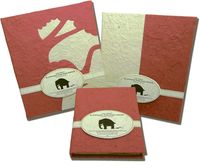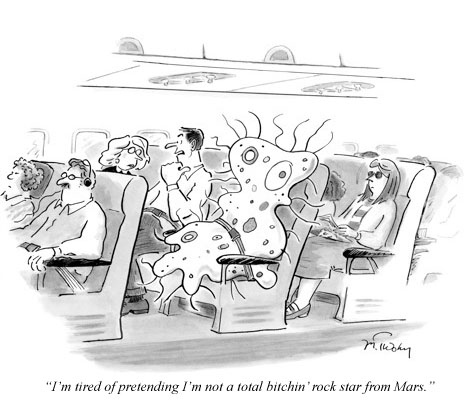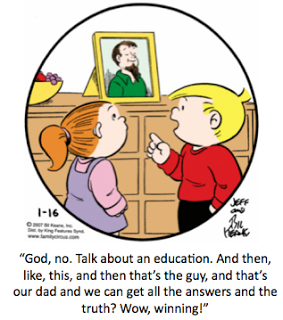Daily Finance reports that the shuttering of Borders, and the dire situation facing bookstores in general, make it even harder for mid-list authors to break-through, much less even stay in print. A Borders sales exec says that even if the company manages to survive, mid-list authors are facing doom.
· Borders will likely be even more cautious about investing in midlist authors. While their new loans from GE Capital will allow them to finance, among other things, the purchase of new stock, Borders is not in any position to gamble. They're likely, in my opinion, to skipmore midlist titles than usual and to only spend their money on names they know they can sell. This will be exacerbated by the aforementioned store closings.
· Publishers may offer lower advances, especially on midlist titles.The industry has depended on Borders as a major market for new titles. If the publisher can't trust Borders to take a sufficiently large number of copies of a given title, this will factor into their profit and loss statements. As a result, they may advance less money to authors in order to increase the odds that any given acquired title will earn out.
Publishers are going to double-down on their bestsellers and their established, successful franchises — and so are bookstores. That's already the case at the biggest booksellers of all, the big-box general retailers like Wal-Mart, K-Mart and Costco, where mid-list authors are already barely represented on their limited shelf space.
It's no wonder that more and more midlist authors like me are opting to self-publish — which can be far more lucrative, and far less risky, that a publishing contract, especially if you can get back the rights to your backlist.
















